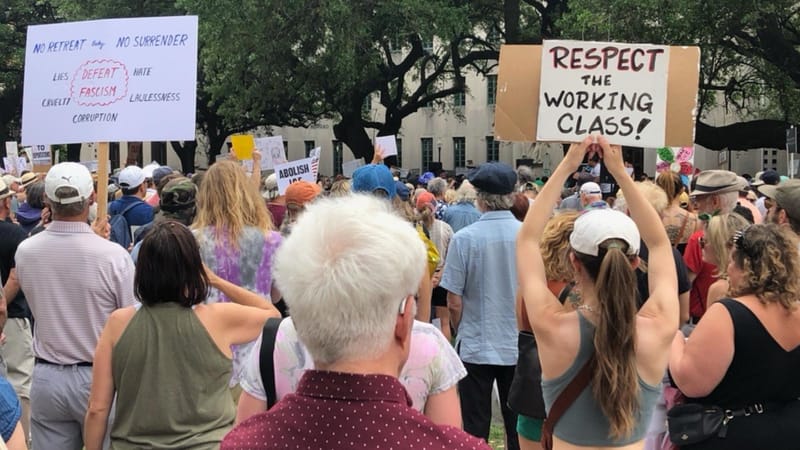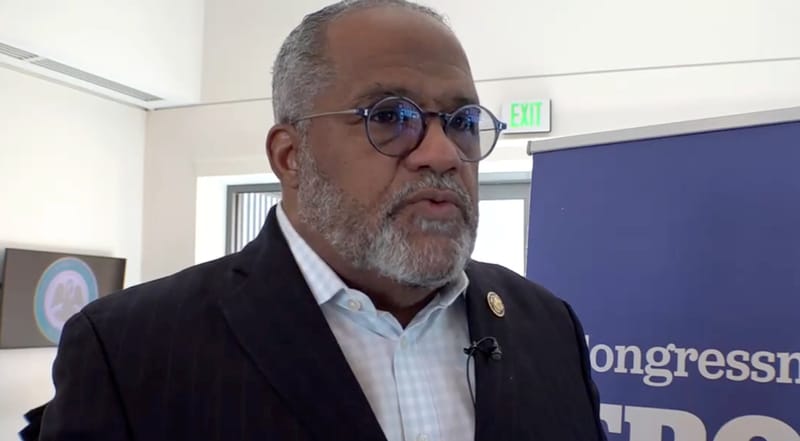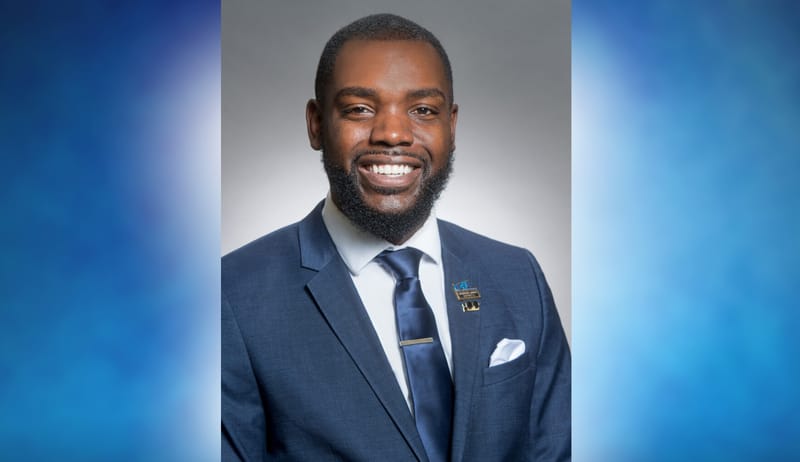Black Voters Watch Closely as House Speaker Pushes Garret Graves in Louisiana's New Black-Majority District

WASHINGTON — House Speaker Mike Johnson's endorsement of Baton Rouge Rep. Garret Graves for reelection in Louisiana’s newly redrawn 6th Congressional District is raising concerns among African American voters. This move, seen by many as a maneuver to maintain Republican control, comes as the district’s demographics shift to better represent Black constituents.
The U.S. Supreme Court’s mandated redistricting has transformed the 6th District into a 56% Black majority, up from 25%. This change is intended to enhance political representation for African Americans, who make up a third of Louisiana’s population.
Johnson, during an interview on Baton Rouge's Talk Louisiana radio program, stated, “Garret is a very strong candidate. I wouldn’t bet against him.” His push for Graves to run in the newly configured district instead of challenging fellow Republican Rep. Julia Letlow has sparked skepticism within the Black community, who view this as a continuation of the Trump and MAGA Republican agenda, particularly in light of former President Donald Trump’s recent conviction.
Graves, who has represented the district since 2015, has had a strained relationship with some party leaders. His lukewarm support for Majority Leader Steve Scalise and endorsement of business lobbyist Stephen Waguespack over the gubernatorial winner Jeff Landry have created friction. Notably, Gov. Landry and Scalise did not endorse Graves, focusing instead on Reps. Higgins and Letlow.
The redistricting, extending the 6th District from Baton Rouge to Shreveport, aims to give Black voters a more influential voice. However, the possibility of Graves running in this district has caused concern among African Americans, who see this as a potential reinforcement of MAGA Republican ideals.
Political analysts are divided: Larry Sabato’s Crystal Ball considers the district challenging for a Republican win, while strategist Bernie Pinsonat believes a low-turnout runoff could favor Graves if he faces a Black candidate, such as state Sen. Cleo Fields, D-Baton Rouge. “If Graves gets in the Dec. 7 runoff against a Black candidate, the historically lower turnout for runoff elections could be low enough for energized Republicans to elect one of their own,” Pinsonat said.
The Republican Party of Louisiana has endorsed all GOP incumbents in their respective districts, emphasizing the need to retain seats to keep control in Congress. Party chair Derek Babcock stated, “Losing just one seat in Louisiana this fall could make the difference between keeping Mike Johnson as Speaker of the House and Steve Scalise as Majority Leader or handing over power to Hakeem Jeffries and the Democrats in January.”
For the Black community, the redistricting represents a crucial opportunity to elect a representative who genuinely understands and advocates for their interests. Johnson's comments on Shreveport's Mike & McCarty radio program about the 2022 maps—designed to dilute Black voting power—highlight ongoing concerns about fair representation. “I don't believe these new districts are going to survive even one cycle,” Johnson remarked, expressing doubt about the longevity of the current map.
As the November elections approach, the Black community in Louisiana is mobilizing to ensure their voices are heard. The new district configuration is a pivotal moment to secure meaningful representation and influence in Congress, reflecting the demographic realities and aspirations of African Americans in the state.






